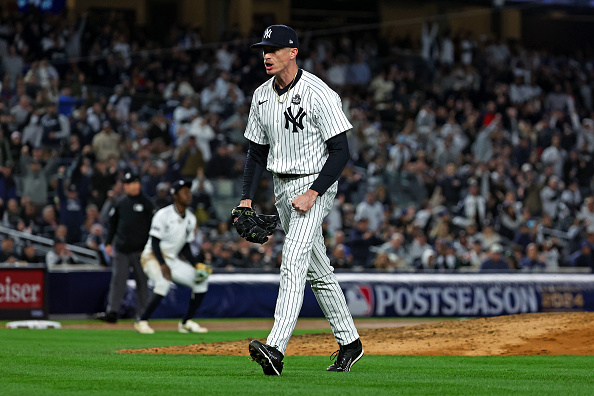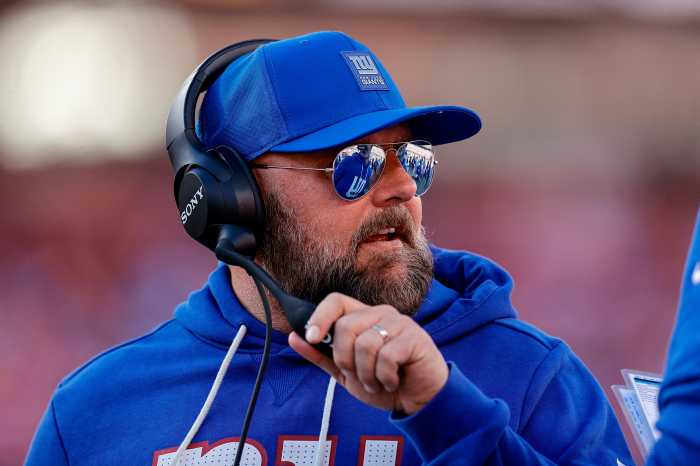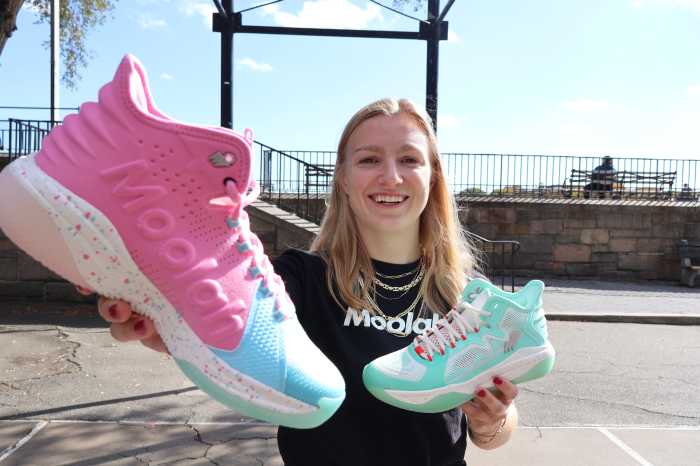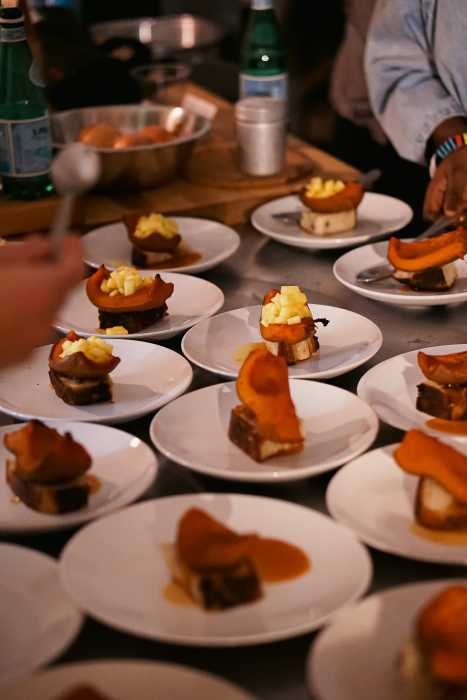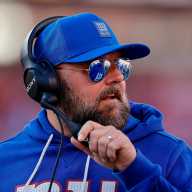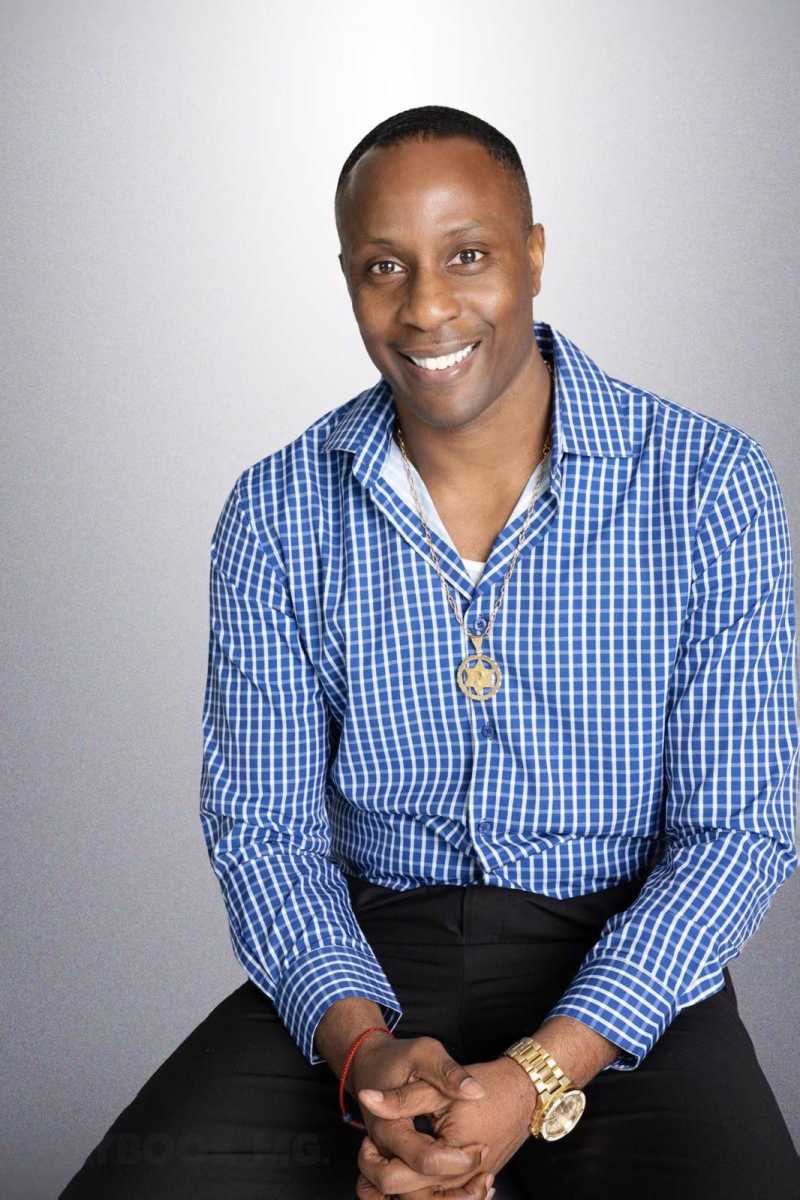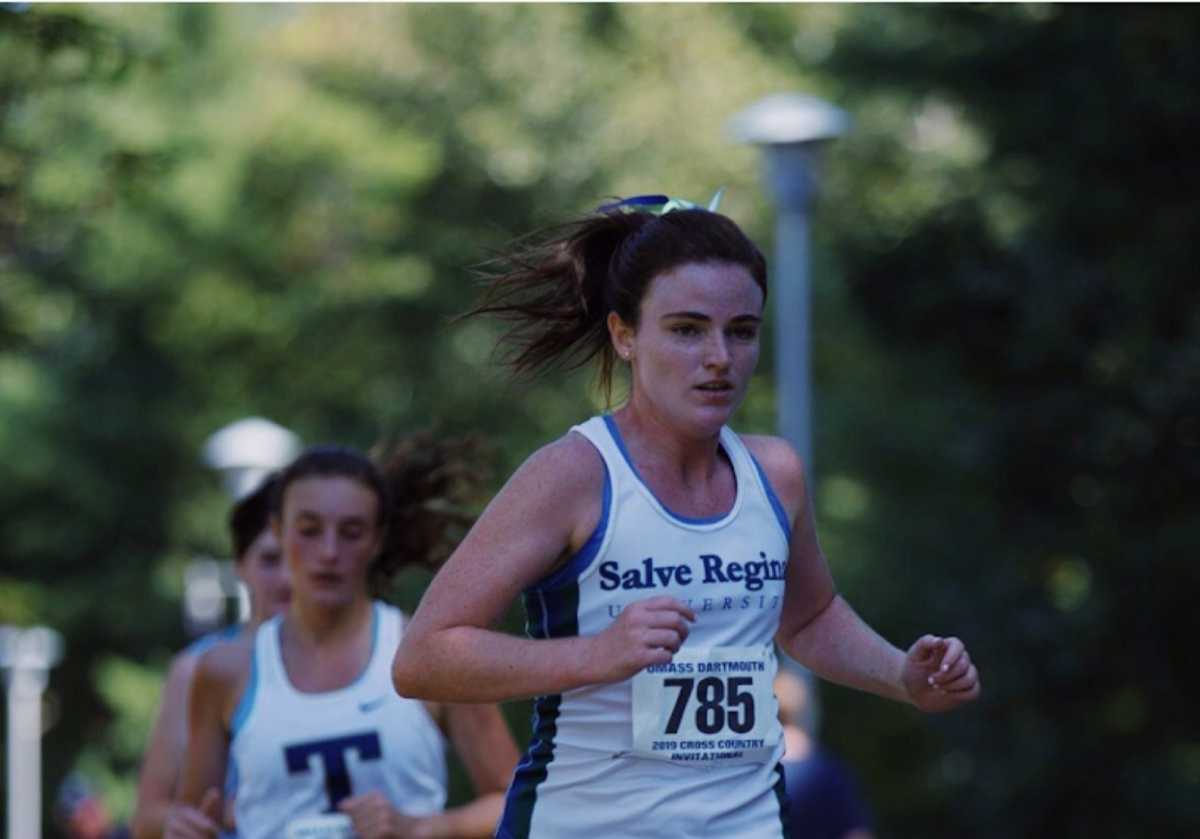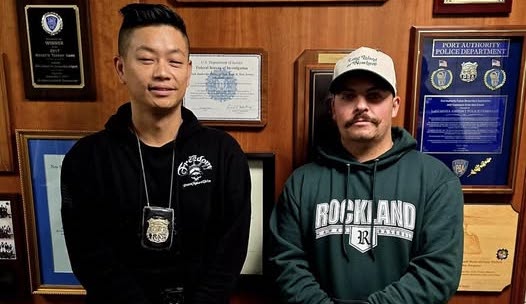At age 17, Danny Davis was just like any other high school senior applying to colleges, unsure of what the future would hold.
So, like a lot of anxious teens, he sought out the help of his school guidance counselor. He was shocked by the advice he received.
“He said, ‘You know Danny, you haven’t been here much this year, so obviously the snowboarding thing is going OK,’ ” Davis, who is sponsored by Mountain Dew, told amNewYork while in lower Manhattan on Thursday. “Why don’t you try this as long as you can, and if it doesn’t work out, you could always go back to school?”
Just like that, Davis’ professional snowboarding career was off and running. Soon, he was the toast of the sport, voted the 2006 Rookie of the Year by Snowboarder Magazine.
“Everything was so fun,” said the Highland, Michigan, native. “We were traveling. I was in Colorado or California, and my friends back in Michigan were looking at me like I had the greatest life.”
Davis still loves the sport 11 years later after winning multiple snowboarding championships and competing at the 2014 Winter Olympics in Sochi, Russia. At 29, however, his approach has changed as he pursues a spot on the U.S. snowboarding team at the 2018 Games in Pyeongchang, South Korea, by competing on events such as the Dew Tour.
“There is the expectation to be great,” he said. “That’s a pressure that you don’t have when you’re young. You never want to be that rider that was good.”
Davis has been able to remain relevant by riding the only way he knows how.
“I want to be classic Danny,” he said. “I’ve always tried to be a bit different than what everyone is doing. We all end up doing the same tricks; it’s just who did it the biggest.”
That attitude has earned Davis a lot of success, including competing in the halfpipe in Sochi and, potentially, again in Pyeongchang. Although his first Olympic experience wasn’t his favorite competition, he appreciated the opportunity.
“The snowboarding part of it was below average,” he said. “But, it was a nice way to thank my parents for all their hard work to get me where I am.”



